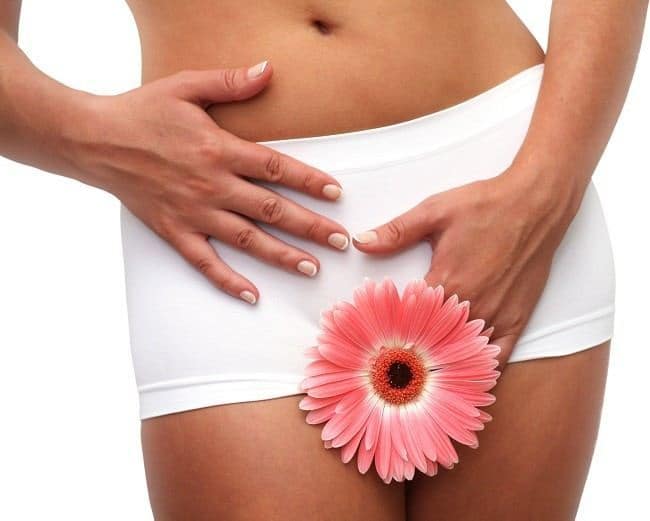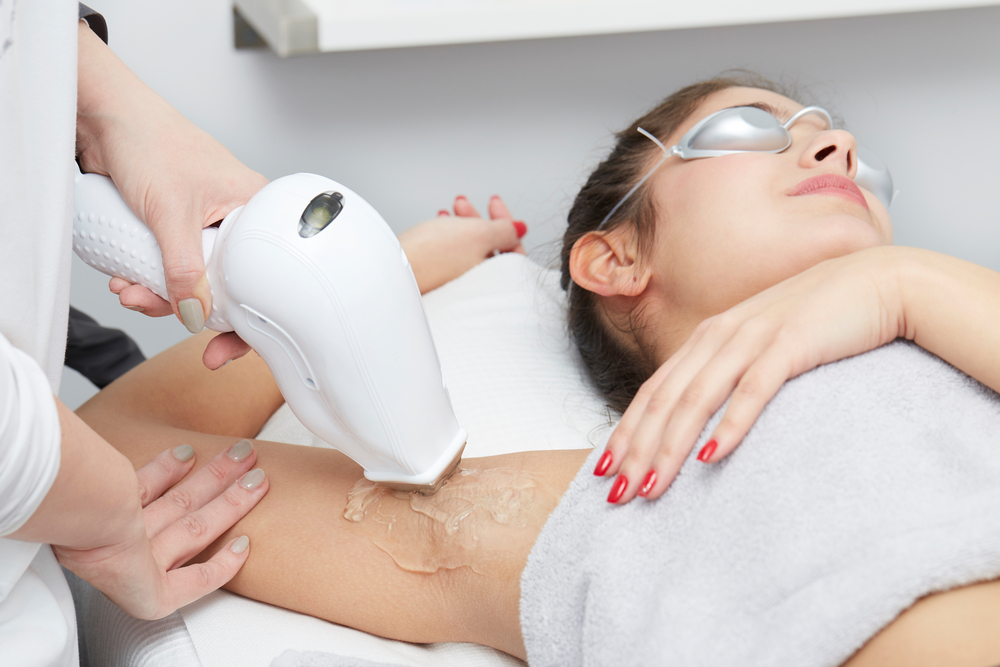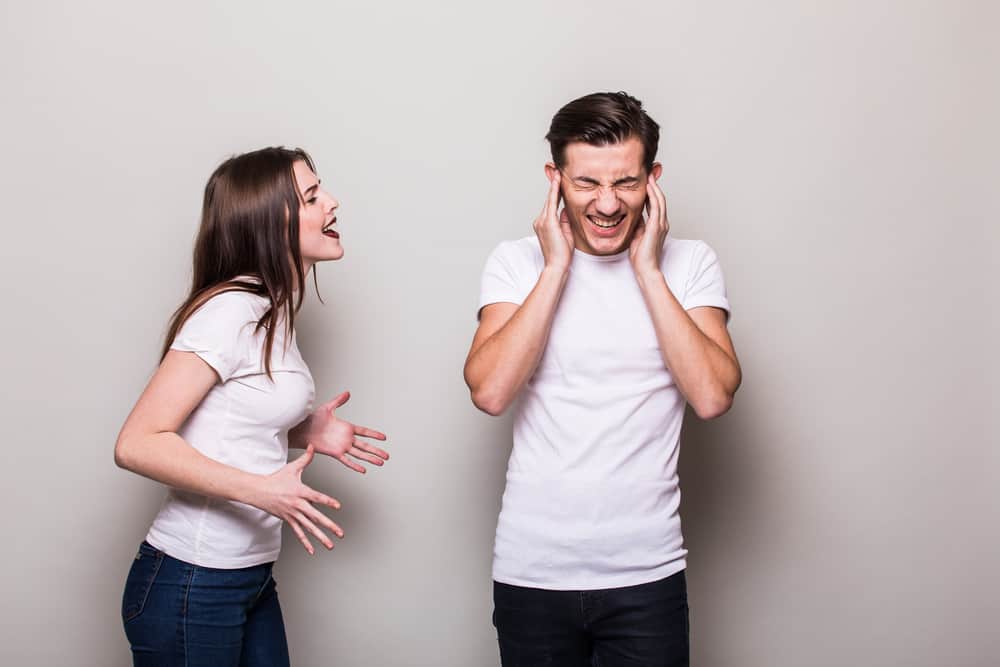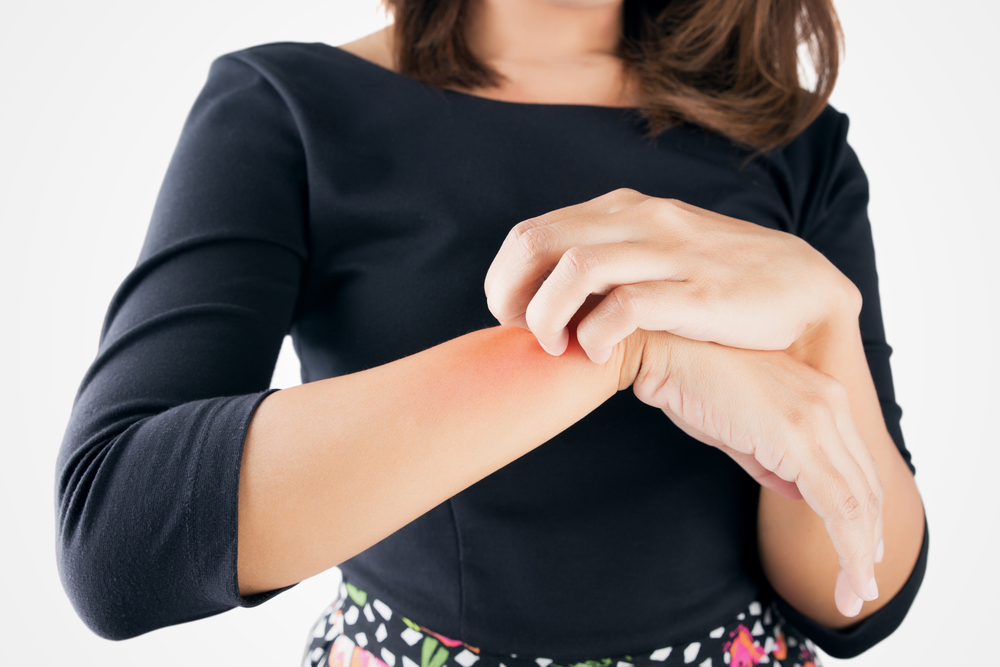Contents:
- Medical Video: How I Healed My Vulvodynia Naturally
- True vulvodynia is not vaginal depression
- How to treat vulvodynia?
- 1. Medicine
- 2. Biofeedback therapy
- 3. Local anesthesia
- 4. Nerve block
- 5. Pelvic floor therapy
- 6. Operation
Medical Video: How I Healed My Vulvodynia Naturally
If you've seen the Sex and The City television series and see the scene of a woman who is complaining about a disorder in her reproductive organs, then the doctor says that her vagina is depressed. Surely you are curious, the term that doctors use in the series is there or not in the medical world. Come on, find out about the truth of vaginal depression in this article.
True vulvodynia is not vaginal depression
In medical terms, vaginal depression certainly does not exist, but the symptoms experienced by one of the characters in the series are actually known as vulvodynia. What is vulvodynia? Vulvodynia is when your vagina is experiencing chronic pain conditions that come just like that, and can last for quite a long time. Vulvodynia is first characterized by several symptoms such as burning, stinging, itching, throbbing, swelling, and pain that is often described as very painful.
Many women who experience vulvodynia have a history of treatment of fungal infections or recurrent vaginitis. Some women with this condition sometimes have a history of sexual abuse. Important to note, vulvodynia is not contagious when having sexual intercourse or it is not a symptom of cancer. The pain experienced can be constant (continuous) or lost and can also last for months or even years.
But it can also disappear suddenly as it began. A person with vulvodynia may feel pain in the vulvar area, or it may be localized to certain areas, such as the vaginal entrance. Similar conditions, such as vulvar vestibulitis, can cause pain only when applied to the area around the vaginal entrance. Vulvar tissue may appear inflamed or swollen, or sometimes also looks normal.
How to treat vulvodynia?
If you feel that your vagina has symptoms that have been mentioned, do not panic or carelessly take antidepressant drugs because you believe in the term vaginal depression. How to treat vulvodynia usually focuses on eliminating symptoms. Each woman who experiences vulvodynia has different treatments.
This treatment is usually the best combination treatment. Treatment for vulvodynia takes weeks or even months to treat the symptoms of volvodynia. Well, how do you treat vulvodynia recommended by the medical? The following treatment options.
1. Medicine
If the symptoms you complain of are vulvodynia, your doctor will usually give you a prescription for tricyclic or anticonvulsant antidepressants that can help reduce chronic pain in your vagina. Antihistamines will also be prescribed to reduce vaginal itching.
2. Biofeedback therapy
This therapy can help reduce pain by teaching patients with vulvodynia to control responses in certain bodies. The purpose of biofeedback is to help you relax so that it reduces the pain sensation.To overcome vulvodynia, biofeedback is useful for relaxing the pelvic muscles, which can contract to anticipate pain and actually cause chronic pain.
3. Local anesthesia
Drugs, such as lidocaine ointment, can provide 'temporary help' to relieve symptoms. Your doctor may recommend the use of lidocaine 30 minutes before intercourse to reduce discomfort. If you use lidocaine ointment, your partner may also experience temporary numbness after sexual contact.
4. Nerve block
Women who have long experienced pain due to vulvodynia and do not work with other treatments, usually will be given a local nerve block injection.
5. Pelvic floor therapy
Many women with vulvodynia have problems with the pelvic floor muscles. Pelvic floor muscles are muscles that support the uterus, bladder and intestines. Exercises to strengthen pelvic floor muscles can help relieve the pain of vulvodynia.
6. Operation
If in cases where the affected area involves a small area (local vulvodynia, vulva vestibulitis), surgery to remove the affected skin and tissue can reduce pain in some women. The surgical procedure is known as the vestibulectomy.
It's good if you feel the symptoms of vulvodynia, immediately consult a doctor so there are no unwanted things. The doctor will tell you how to treat your vulvodynia in the right way.












